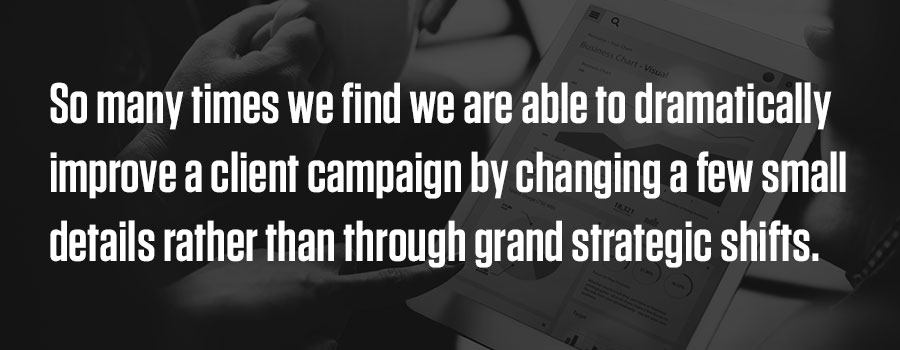
Does Storytelling Help Or Hurt Lead Generation Marketing?
Marketing trends come and go. Storytelling has stuck around longer than most, the idea being that telling a story is more persuasive than rattling off features and benefits because it enables the reader to connect intellectually and emotionally with the value proposition.
Is this correct? Does storytelling help or hurt lead generation marketing?
Like most marketing theories, it's impossible to judge the benefits of storytelling in a vacuum. It's going to be highly effective in some situations, but ineffective in others. If a company has gotten good online lead production in the absence of story-style content, then abruptly shifting gears simply because storytelling is hot wouldn't be prudent. Sure, storytelling might enable the company to generate even more leads, but why not test the concept first?

What variables influence how effective storytelling will be for a given business?
- Complex products and services lend themselves to storytelling because they help the prospect understand the benefits. Our world of SEO makes for a good example. The technical ins and outs of SEO often confuse prospects the more you explain them — but if you show a prospect a well-constructed case study of a success story in a similar SEO situation, prospects often experience that glorious "aha moment."
- Lifestyle products and services lend themselves to storytelling because it's not so much the product/service people buy as it is the feeling they get of owning it. Look at just about any Super Bowl ad — beer and soft drink ads in particular — and you will see slice-of-life situations that people identify with or want to identify with.
- The nature of the target audience is obviously key. IT specialists reviewing operating software want to see detailed features. Warehouse managers reviewing conveyor systems want the same. Their professional worlds are based on facts and details. People whose perspective is more conceptual — for instance, C-level executives, marketing personnel — tend to be more receptive to storytelling.
Storytelling sharpens brand image. Is this good or bad?
There's no doubt that a well-executed storytelling campaign makes a brand more vivid, and helps create a long-lasting impression of the brand in the marketplace. This can be a double-edged sword, however, if the brand image finds itself going against the grain with the market.
This problem crushed the U.S. auto industry in the 1980s. Ford, GM and Chrysler had built strong brands (largely through storytelling) based on styling, status and performance. But economic conditions were such in the '80s that consumers now wanted fuel economy and moderately priced and performing vehicles. Detroit still hasn't fully recovered.
More currently, luxury brands will encounter stiffening resistance from environmentally and frugality-minded consumers if they are not careful in their storytelling communication. Similarly, brands that have cultivated a "he-man" image may find themselves out of sync with today's social sentiments.
Features, benefits and value propositions are flexible. They can change with the times and evolve through innovation. Storytelling is less flexible. You can't go out and tell a luxury story today and a thriftiness story tomorrow — doing so will confuse the entire market, alienate brand loyalists and arouse suspicion among new target market segments.
Again, this must all be thought about in the context of the particular business. Some companies tell stories that aren't much affected by changes in market sentiment, while others really stick their necks out by committing to a particular storyline. Just because storytelling works wonders for Company A does not mean it will benefit your business. The most important thing is not to enter into a storytelling campaign blindly, but instead ask the right questions, test thoroughly and carefully monitor results.




